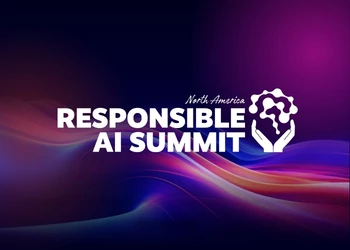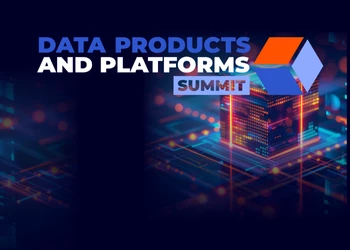RPA: “It's the holy grail of process improvement”
Add bookmark
Sometimes taking the wrong direction or making mistakes allows you to collect valuable collateral, believes ENGIE’s Martin Ruane when deploying robotic process automation
“I'm not going to make that mistake again. I'm going to work hard and work my way up,” vowed Martin Ruane, Programme Director at ENGIE, after turning down a training placement to be a surveyor early in his career.
“My view on things is have a go… just say yes”
Speaking to podcast host Seth Adler, Ruane emphasizes the importance of continuous learning and grabbing opportunities when presented. He explains how he has applied this ethos throughout his career. “My view on things is have a go… just say yes. Before I did an operational role I did a training role— I was a supervisor before that. There was an opportunity that came up in the training team but it was for an area that I wasn't even involved in. It was probably expected to go to somebody who would actually be involved in that area. But I thought I'd apply, I'd give it a go. Bizarrely I got the job.”
Read more: Building intelligent enterprises: Embarking on your RPA journey
Ruane now leads the robotic process automation (RPA) program for utility company ENGIE. Almost four years prior, he joined the company to develop a business improvement program for a key contract. This predominantly focused on process improvement, technology and culture. He subsequently established ENGIE’s center of excellence in September 2016.
“What you're always looking to do is to try and reduce as much as possible and value add your time. What better way to do that than to automate something?”
Ruane realized the possibilities of RPA while working for German global services company Arvato. “I could see the real potential of what this could bring. What you're always looking to do is to try and reduce as much as possible and value add your time. What better way to do that than to automate something? It's the holy grail of process improvement”
“We did a couple of proof of concepts and then we started applying the technology as part of our target operating model. So we were looking to digitize the interface with customers and looking to use the technology to take that data and process it into our back office systems,” he explained.
Read more: Top tips for intelligent automation success from Jorgen Lislerud
Looking to the future, Ruane believes artificial intelligence will be used to digitize the company interface In particular, using the technology to generate proactive maintenance rather than reactive maintenance.
[Listen]
Key takeaways from this week’s podcast
Gather valuable collateral before scaling
Ruane believes it is important to amass collateral—the intelligence and experience that you gather over time—before scaling:
“Sometimes taking the wrong direction or making mistakes— learning from them and doing things differently—or sometimes doing the right thing and it being reinforced by the results that you get, allows you to collect valuable collateral.”
Regular communication is key to get others to believe in the vision
“The performance management approach I have involves different component parts: it involves regular communication with whoever it is that you're managing. It involves agreeing goals that are linked to the strategy. It involves using data to track how we're doing. It empowers people and makes sure that we have the skills to do the job. People inherently want to do a good job. Very often that is the case. As a leader and as a manager you want them to believe in a vision of where you're taking something—what goals you've got.”
Don’t jump in with RPA —look at the operating model
“You're not looking at a process, you're looking at a different operating model altogether from start to finish. They’re poles apart. Within this is a lot of different processes, some of which are replaced by AI and cognitive. Some of which are just simple RPA because that actually does the job.”















